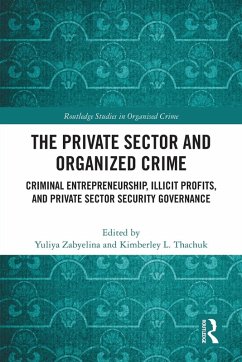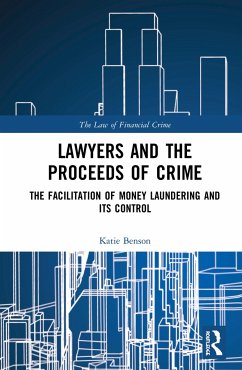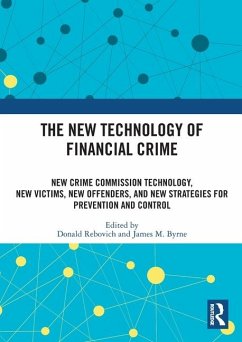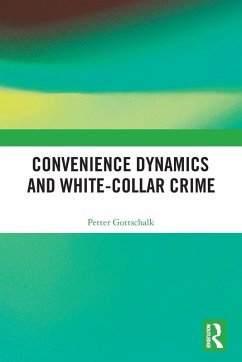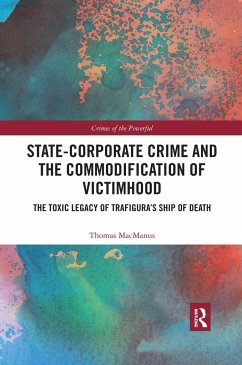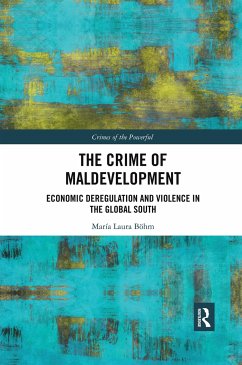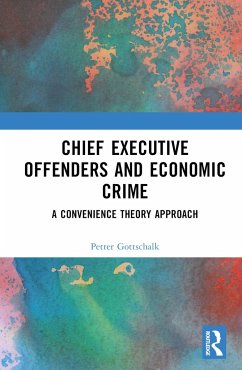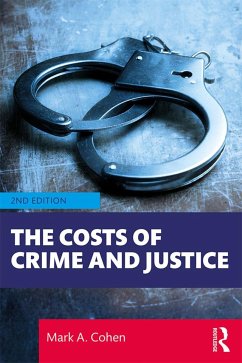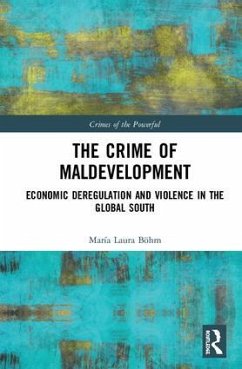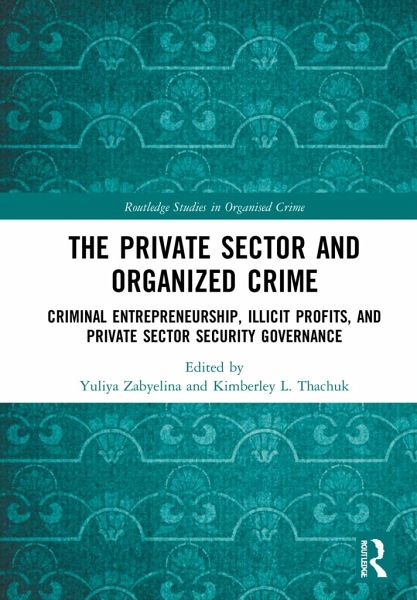
The Private Sector and Organized Crime
Criminal Entrepreneurship, Illicit Profits, and Private Sector Security Governance
Herausgeber: Zabyelina, Yuliya; Thachuk, Kimberley L.
Versandkostenfrei!
Versandfertig in 1-2 Wochen
168,99 €
inkl. MwSt.

PAYBACK Punkte
84 °P sammeln!
This book contributes to the literature on organized crime by providing a detailed account of the various nuances of what happens when criminal organizations misuse or infilltrate legitimate businesses, and sheds light on the important role the private sector can play to fight back.



